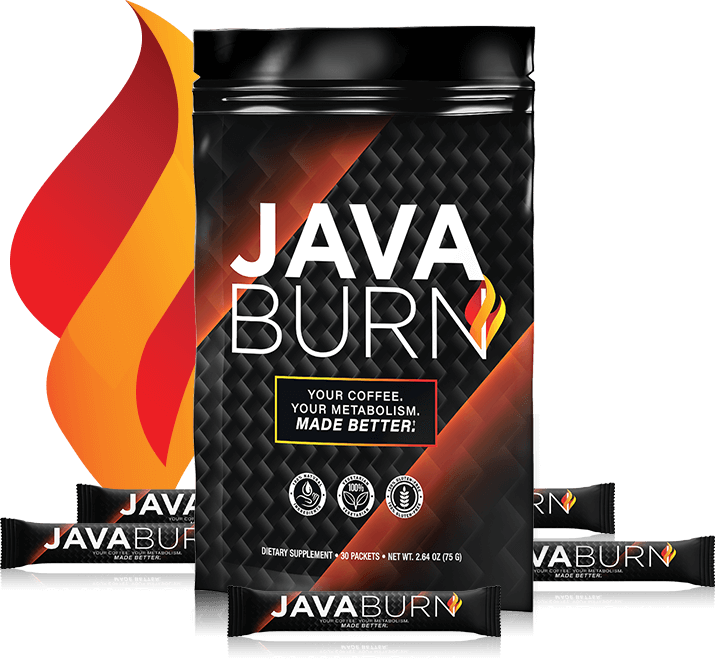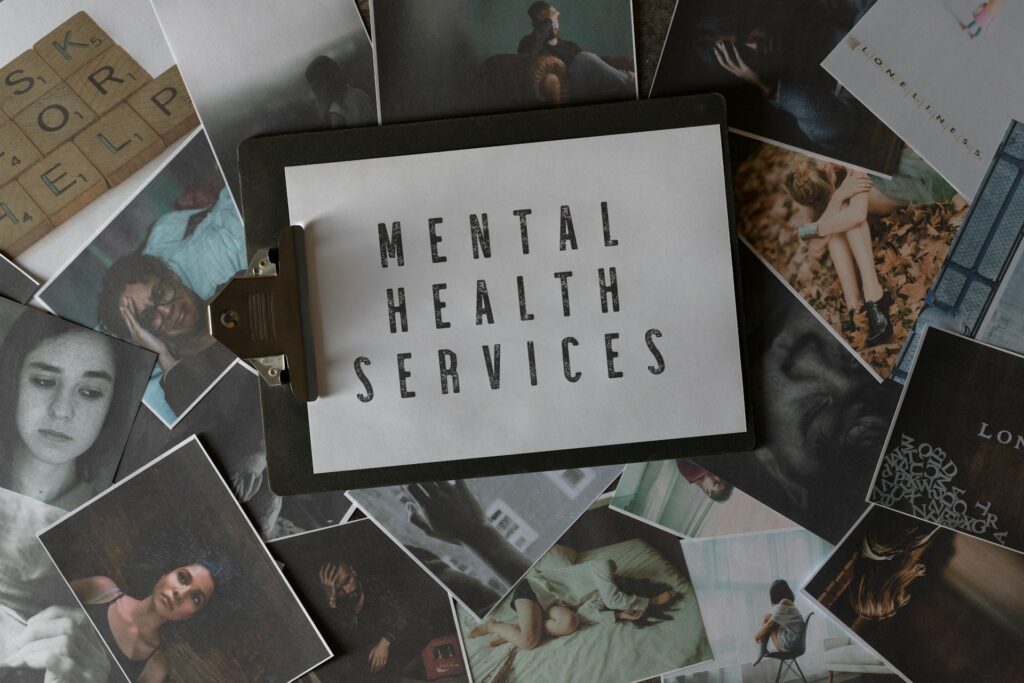Introduction
Members of the LGBTQ+ (Lesbian, Gay, Bisexual, Transgender, and Queer) community encounter a multitude of challenges that contribute to heightened rates of substance abuse and addiction compared to their heterosexual counterparts. Why is substance abuse high in the LGBTQ community? These challenges stem from a variety of sources, including societal discrimination, internalized stigma, and the prevalence of co-occurring mental health disorders. Understanding these complexities is crucial for developing effective strategies to address substance abuse within the LGBTQ+ community.
Challenges Faced by the LGBTQ+ Community
Discrimination and stigma based on sexual orientation create significant barriers for LGBTQ+ individuals, leading to emotional distress and a heightened risk of substance abuse. The fear of rejection and discrimination often forces individuals to conceal their true identities, resulting in feelings of isolation and internalized shame.
Hate crimes, emotional abuse, and threats further compound the challenges faced by LGBTQ+ individuals, creating a hostile environment that contributes to anxiety, depression, and other mental health issues. The trauma of experiencing or witnessing discrimination can have profound effects on one’s psychological well-being, increasing the likelihood of turning to drugs or alcohol as a coping mechanism.
Discriminatory laws and policies exacerbate the marginalization of LGBTQ+ individuals, limiting their access to essential services such as healthcare and employment opportunities. The lack of legal protections and societal acceptance perpetuates a cycle of discrimination and inequality, creating additional stressors that contribute to substance abuse and addiction.
Rejection or shame from family and friends after coming out can have devastating effects on LGBTQ+ individuals, leading to feelings of abandonment and self-doubt. The loss of social support networks and the pressure to conform to societal norms can drive individuals toward substance abuse as a means of escaping painful emotions and finding acceptance.
Lack of access to gender-affirming care and employment discrimination are additional stressors that may drive LGBTQ+ individuals toward substance abuse. The inability to access necessary healthcare services or secure stable employment can exacerbate feelings of hopelessness and contribute to substance abuse as a coping mechanism.
Co-Occurring Disorders in the LGBTQ+ Community
Living a closeted life and internalized stigma can lead to co-occurring mental health disorders such as major depressive disorder, generalized anxiety disorder, and high levels of stress. The constant fear of being rejected or discriminated against takes a toll on one’s mental health, often resulting in feelings of worthlessness and hopelessness.
Experiences of discrimination and trauma may also increase the likelihood of suicidal thoughts, self-harming behaviours, and other emotional struggles within the LGBTQ+ community. The cumulative effect of these stressors can exacerbate substance abuse issues, creating a vicious cycle of addiction and mental health problems.
Physical and health issues related to sexuality, including sexual dysfunction and HIV-related anxiety, further compound the challenges faced by LGBTQ+ individuals and may contribute to substance abuse. The stigma surrounding sexual orientation and gender identity can make it difficult for individuals to access appropriate healthcare services, leading to untreated medical conditions and increased reliance on drugs or alcohol as a coping mechanism.
In addition to mental health disorders, LGBTQ+ individuals may also experience sexual dysfunction, sexual abuse, or assault, which can further contribute to substance abuse. The trauma associated with these experiences can lead to feelings of shame, guilt, and low self-esteem, driving individuals toward addictive behaviours as a means of coping with their pain.
Drugs of Choice Within the LGBTQ+ Community
Tobacco, alcohol, marijuana, stimulants (such as crystal meth), and opioids are among the substances commonly abused by LGBTQ+ individuals. These substances serve as a means of coping with the unique stressors and challenges faced by the LGBTQ+ community, providing temporary relief from emotional pain and social isolation.
Smoking rates remain higher among LGBTQ+ individuals, with transgender individuals using tobacco at nearly 200% higher rates than cisgender individuals. The addictive nature of nicotine, combined with the stress of discrimination and stigma, contributes to elevated rates of tobacco use within the LGBTQ+ community.
Alcohol addiction is prevalent within the LGBTQ+ community, with between 20 and 25% of individuals experiencing moderate to severe alcohol dependency. The normalization of alcohol use within LGBTQ+ social spaces, combined with the pressure to fit in and escape from internalized shame, contributes to higher rates of alcohol abuse and addiction.
Marijuana use is significantly higher among LGBTQ+ adults compared to the general population, particularly among gay men who are 3.5 times more likely to use marijuana. The perceived relaxation and euphoria associated with marijuana use may provide temporary relief from stress and anxiety, making it a popular choice among LGBTQ+ individuals seeking to cope with the challenges of daily life.
Stimulant use, including crystal meth, is disproportionately high among gay men and bisexual women within the LGBTQ+ community. The intense feelings of euphoria and energy produced by stimulants may provide an escape from feelings of depression and social isolation, leading to higher rates of stimulant abuse and addiction within LGBTQ+ social circles.
LGBTQ+-Specific Treatment Centers
Specialized treatment programs that cater to the unique needs of LGBTQ+ individuals, often referred to as LGBTQ+ Treatment for Addiction, are essential for addressing the underlying factors contributing to addiction and promoting lasting recovery. These programs offer a safe and supportive environment where individuals can explore their identity, address co-occurring mental health disorders, and receive gender-affirming care.
By addressing the intersection of sexual orientation, gender identity, and substance abuse, LGBTQ+-specific treatment centres have been shown to yield better outcomes compared to non-specialized programs. The emphasis on cultural competency and sensitivity to LGBTQ+ issues ensures that individuals feel understood and supported throughout the recovery process.
LGBTQ+-specific treatment centres may offer a range of therapeutic modalities tailored to the needs of LGBTQ+ individuals, including individual therapy, group counselling, and support groups. These programs provide a supportive community where individuals can connect with others who share similar experiences and challenges.
In addition to traditional therapies, LGBTQ+-specific treatment centres may also offer specialized services such as hormone therapy for transgender individuals, trauma-informed care, and support for individuals navigating issues related to sexual orientation and gender identity.
By providing a comprehensive approach to treatment that addresses the unique needs of LGBTQ+ individuals, these programs empower individuals to heal from addiction, reclaim their identities, and build fulfilling lives in recovery.
Seeking Help
If you or someone you love is struggling with addiction, it’s crucial to reach out for help from a treatment provider who understands the unique challenges faced by LGBTQ+ individuals. By entering a rehab centre that specializes in LGBTQ+ addiction and care, individuals can receive the support and encouragement needed to embark on the journey to recovery.
Remember, you are not alone, and there are resources available to help you overcome addiction and reclaim your life. Whether you’re struggling with substance abuse, mental health issues, or both, reaching out for help is the first step toward healing and transformation.
Conclusion
In conclusion, addressing substance abuse within the LGBTQ+ community requires a comprehensive understanding of the unique challenges and factors contributing to addiction. Discrimination, stigma, and the prevalence of co-occurring mental health disorders create significant barriers to recovery for LGBTQ+ individuals, necessitating specialized treatment approaches that cater to their specific needs.
By recognizing the intersectionality of sexual orientation, gender identity, and substance abuse, LGBTQ+-specific treatment centres offer a supportive environment where individuals can explore their identities, address underlying trauma, and receive gender-affirming care. These programs empower individuals to heal from addiction, reclaim their identities, and build fulfilling lives in recovery.
It’s essential for LGBTQ+ individuals struggling with substance abuse to know that they are not alone and that help is available. By reaching out for support from knowledgeable and compassionate treatment providers, individuals can embark on the journey to recovery with confidence and resilience.
Together, we can work towards creating a more inclusive and supportive environment for LGBTQ+ individuals struggling with addiction, where everyone has access to the resources and support they need to thrive. Let us continue to advocate for equality, acceptance, and understanding, both within our communities and in society at large.
Remember, recovery is possible, and every step taken towards healing is a step towards a brighter and healthier future for all.
Author Bio:
Sam is a versatile writer with a specialization in addiction, mental health, and technology. Their expertise spans these diverse subjects, allowing them to offer unique insights into the intersections between human behaviour, mental well-being, and the digital landscape. Through their writing, Sam aims to explore the complexities of these topics, raise awareness, and foster understanding in their audience.











